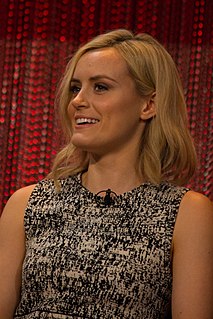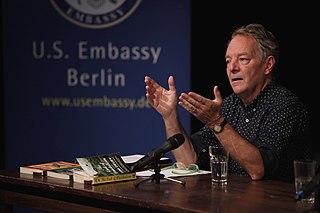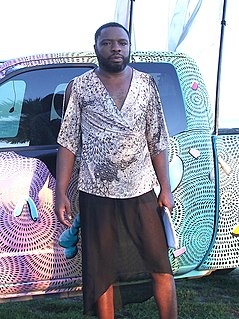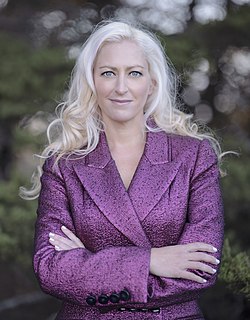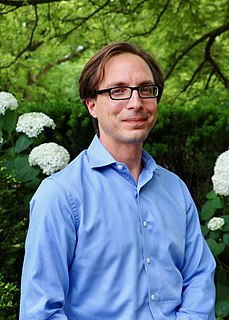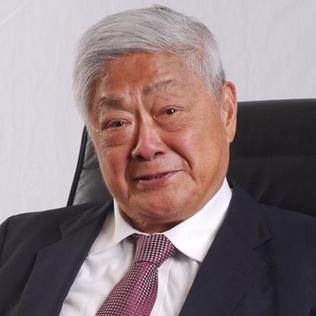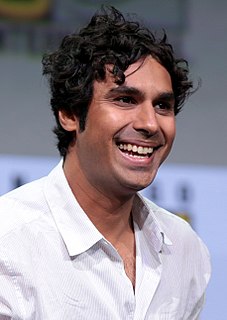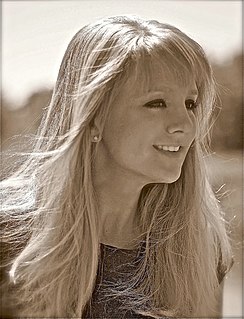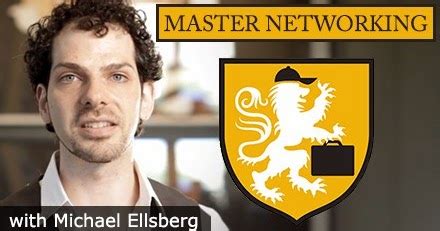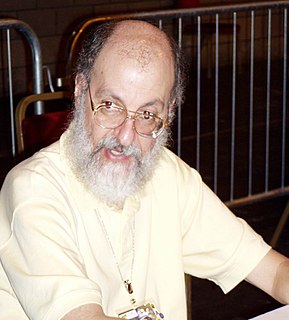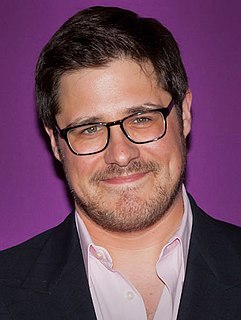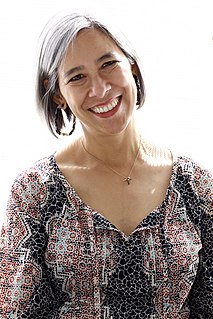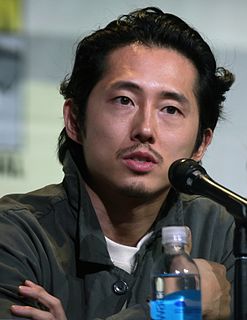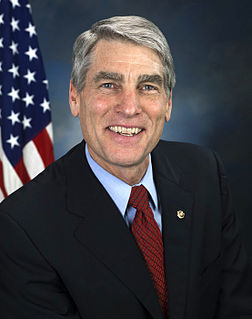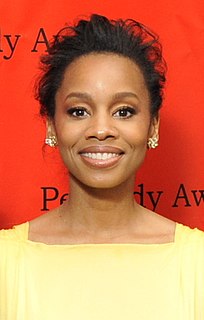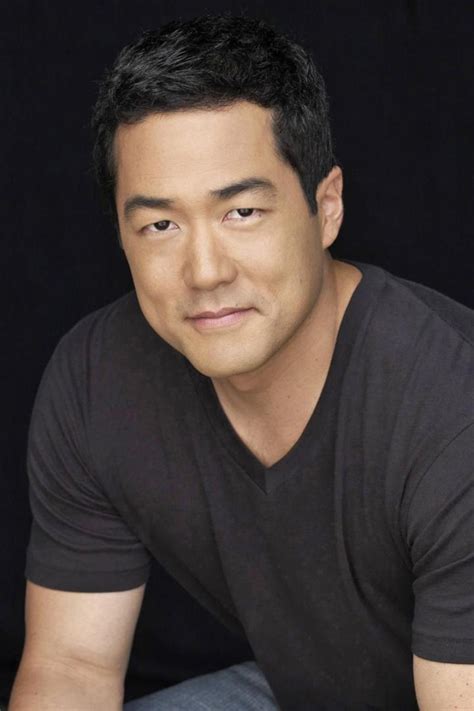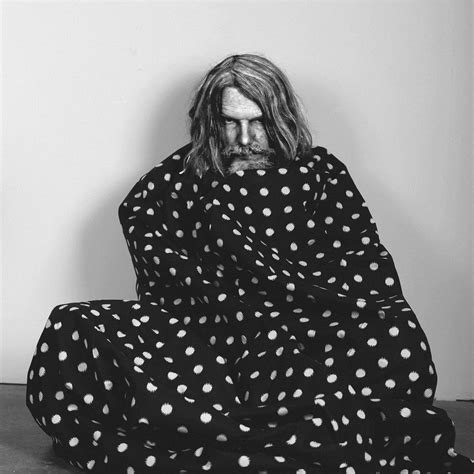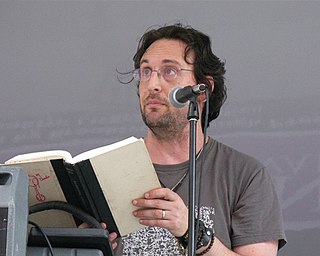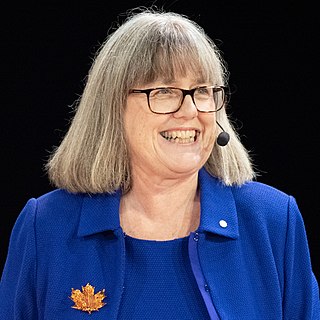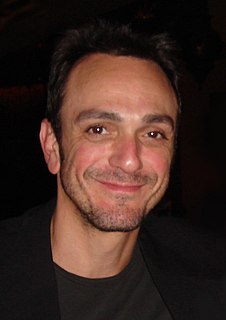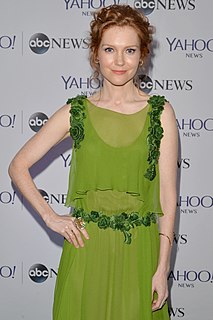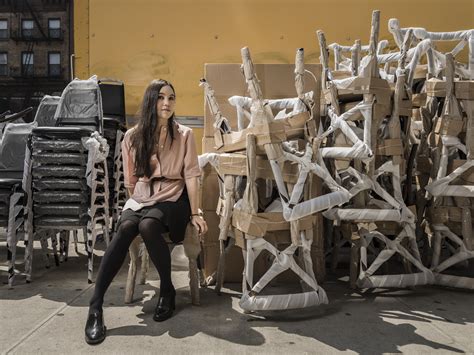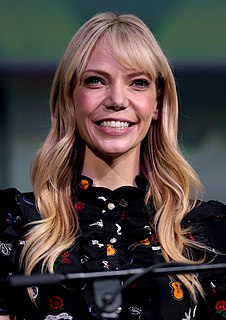Top 1200 Grad School Quotes & Sayings - Page 2
Explore popular Grad School quotes.
Last updated on December 20, 2024.
I definitely felt by the time I got to grad school - which was a great experience - I was like, 'What's the difference between the teachers and the students? Why are the teachers teachers if they want to be acting?' It didn't make sense to me anymore. It's not like you learn how to set a broken bone and you get the stamp of approval.
I started treating my career as if it was a guarantee,if things get difficult and things don't work out, I'm not gonna think I have a Plan B, which is grad school, or Plan C, which is an office job. I'm just gonna have a Plan A, a Plan A 2.0, a Plan A 3.0, and that's what I'm going to do. Because entertainment and YouTube are always going to be my Plan A.
One demonstrable effect this type of work can have is in its viral promulgation. Take Kathy Acker for example: her work exists mainly through academic channels. Students are exposed to her novels, and some read her, then, on their own, but some also go to grad school: teach her, write about her, keep her going.
As long as I'm dealing in honesty, I may as well admit that I have been more influenced (as a person) by my childhood readings of Tolkien and Lewis than I have been by any philosophers I read in college and grad school. The events and characters in Narnia and Middle Earth shaped my ideals, my dreams, my goals. Kant just annoyed me.
Before I got into grad school, I used to work as a deck hand on these ferry boats in San Francisco, and they did day tours. It wasn't a bad job. I made decent money. But you were sitting down all day, tying up the boat, wiping it down. For some guys, that's a dream job, but for me it was kind of torture.
There was an Israeli artist who was in grad school with me. I remember trying to get to know him on a more personal level. He had moved to the Fairfax area, not realizing that it's a super Jewish part of L.A. He told me, I don't understand why American Jews feel this connection with me. I was embarrassed because I was feeling that connection with him, too!
It all started with the most basic level of Uta Hagen, right at the beginning. I'm like, 'Really? I came to grad school; I'm going to do the 'Respect for Acting'?' And I realized the importance of that, because it was really to just get you to get rid of everything. Get rid of everything you've learned and just start from the bottom up.
I don't know if one's more typecasting than the other, or what I am more like. But I know that the high school I went to was a private school. It was prep school. It was a boarding school. So we didn't have a shop class. We didn't have Saturday detention. We went to school on Saturday. We did have Sunday study, which you very rarely get, because then you have 13 straight days of school. Who wants that?
Fresh out of grad school, I arrived for my first day of work at Deloitte ready for the long haul. For my generation, that's what those early years were about - laying the foundation for a lifelong career with a great organization. More than 30 years later, I'm still with Deloitte, and I have no regrets.
When I got out of undergrad, I had a degree in theater and telecommunications. My first job, I was a news reporter for the local stories for NPR. Then I was a country-western DJ. I did data entry for a yearbook company. In my mid-20s I went back to grad school at NYU, and I specialized in playwriting.
When I was studying photography, I became interested in conflict photojournalism, and that got me interested in lighting. Then I realized there was this amazing thing called cinematography where you could kind of tell more complete stories photographing for film. So I ended up going to AFI grad school for that.
Improv definitely made me a better auditioner, without a doubt. We did do an audition semester in grad school, and that was helpful for those times that you have a script and you have a few days to prepare it, to really work on sides. But the auditions I was doing in New York, if you got it the night before, you were very lucky.
If I'm not in the dead heat of working on something, I can end up spending tons and tons of time on the Web, and I hate it. I feel the same shame I did in grad school when I was pretty much addicted to reruns of 'Star Trek: The Next Generation'. I wish someone would make the Web just go away. Just remove it from the earth.
It's the uncertainty, the challenge and the willingness to put it all on the line that draws a lot of people to climb mountains. That can also apply to a lot of other challenges in life, whether it's running for office, starting a family, going to grad school or taking all of your cash and assets and starting a business.
I definitely felt by the time I got to grad school - which was a great experience - I was like, Whats the difference between the teachers and the students? Why are the teachers teachers if they want to be acting? It didnt make sense to me anymore. Its not like you learn how to set a broken bone and you get the stamp of approval.
The university is one of various funding structures by which people who want to do theoretical work stay alive, the same way that people go to grad school, not because they think it's going to change the world but because there's no patron system anymore, and they need some scaffolding of support while they're trying to figure out how they can proceed in their lives. I think that's utterly legit. A lot of our better theorists and thinkers, that's what the university is for them.
There was a school in Chicago called the School of Design. This was started by [Laszló] Moholy-Nagy, and it was a wonderful school, but we [with Alix MacKenzie] didn't go to that school. We did have friends who went to that school and we would visit there often, and I'm sure it pushed me in my painting direction very strongly just by association.
And then, one acting class turned into two, turned into four, and then turned into, "I love this. I could do this for the rest of my life. But, I don't have a background in acting. I never acted in college, or did anything like that. How can I go about doing this?" That meant going to grad school and getting some training, and I did. I literally walked down the path. It was real fortuitous for me to walk by that school, that one morning.
I spent many years in college studying English literature. I was on the verge of attending grad school to get a Ph.D. in Renaissance poetry - my lost careers were being a writer, artist, or academic. Do I regret spending all that time poring over Shakespeare when I could have been getting a jump start on the competition? Not at all.
I thought clarity of communication was the most important thing in writing, and if you really cared about getting your idea across, you would say it in the most straightforward way possible. Later, in college and grad school, I came to realize that language is a technology like any other, and that it's always evolving - clarity of expression is always evolving.
I have nothing but great respect for great scholars. But I was in grad school in the '80s and '90s, at the height of the theory craziness. It had a big part in why I ended up becoming a writer rather than a scholar, because I thought, "I just can't play these games." I was interested in literature because I loved literature, and so much of the theoretical positioning, at that moment 25 years ago, was antagonistic to literature. You know, trying to show that Jane Austen is a terrible person because she wasn't thinking about colonialism.
